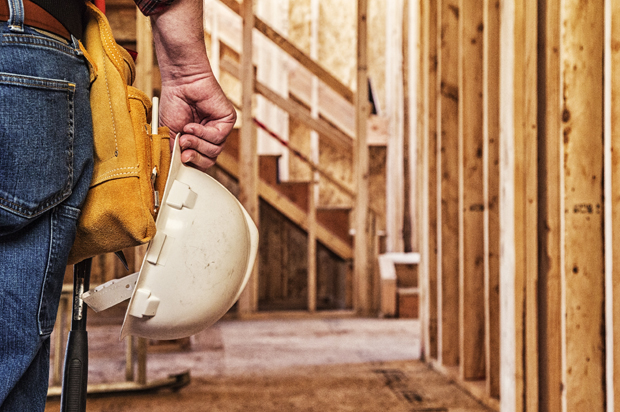U.S. home sales were slowing even before Donald Trump emerged as the next president of the United States. Now in the wake of Trump’s surprise victory, mortgage rates are rising fast. Lenders are concerned that Trump will aggressively cut taxes and boost infrastructure spending, which would drive up the cost of managing the U.S. debt, increase inflation and give the Federal Reserve cause to raise the key rate that underpins all consumer borrowing.
The questions on many investors’ minds right now are whether the days of historically low mortgage rates are over, and what will happen to the housing market if rates rise faster than expected under President Trump.
The 10-year U.S. Treasury yield — the bellwether for mortgage rates — had its biggest three-day jump in more than seven years after Election Day, according to Bloomberg data. Meanwhile, the average 30-year fixed mortgage rate rocketed from 3.62 percent to just more than 4 percent in the week after the election, marking its steepest jump since June 2013 when the lending market had its “taper tantrum” over the Fed winding down its quantitative easing program.
While mortgage rates are still less than half of the historical average (for 45 years), according to data from Freddie Mac, the concern among some mortgage industry analysts is whether the historically low borrowing costs have created a housing bubble. If lending rates rise too fast it could disrupt demand, drive down prices and put some homeowners underwater — that is, owing more than their homes are worth. If these sound like the very factors that fed the Great Recession, that’s because they are.
So anxious industry observers are understandably hunting for signs of what comes next. For now, however, two big U.S. retailers — Home Depot and Lowe’s — whose businesses depend on the housing market seem confident the housing market will continue to fuel their business growth.
“The outlook for the home improvement industry remains positive, supported by a solid consumer backdrop, lagging benefits from existing home sales, and rising home prices that encourage the customers to engage in discretionary remodels and upgrades on top of routine maintenance,” Lowe’s announced in its third-quarter earnings presentation on Wednesday.
For the three months ended Oct. 28, the Mooresville, North Carolina, company said it earned $379 million compared with the $736 million in the same period last year. Excluding the costs largely pertaining to its ending of a joint venture with Woolworths in Australia, the company’s net profit in the third quarter increased compared with last year, to $841 million. Revenue, too, rose to $15.73 billion from $14.36 billion. Though it was lower than Wall Street forecasts, this performance shows continued strength in the home-improvement market.
Lowe’s larger rival, Home Depot, seems to be even more bullish.
“We believe home-price appreciation, housing turnover, household formation and an aging housing stock in the U.S. continue to support growth in our business,” said Home Depot Chairman and CEO Craig Menear on a Tuesday conference call announcing its third-quarter results. The world’s largest home-improvement retailer announced $1.97 billion in net profit in the three months ended Oct. 30, a rise from the $1.73 billion in the year-ago period. Revenue grew to $23.15 billion from $21.82 billion.
The stock prices of both Home Depot and Lowe’s are down for the year after a drop in demand over the past three months. Existing-home sales hit a post-Great Recession peak in June and the national median single-family home price rose more than 5 percent in the third quarter, to $240,900, according to the National Association of Realtors. But since then, U.S. home sales have slowed, especially in red-hot urban markets.
The question of whether this is just a temporary downturn has been made more relevant since Trump’s victory. The president-elect has avoided any housing-related policy statements, but it would not be out of the ordinary for a real estate developer and a Republican-controlled Congress to seek deregulation of the property lending market, which could unleash the same careless practices that sparked the housing market collapse and the 2007-t0-2009 Great Recession.
Some economists have warned that a global recession could happen if Trump follows through with his protectionist trade policies. If he implements the economic, tax and immigration policies he presented on the campaign trail, it could cost the U.S. hundreds of billions of dollars a year and millions of jobs throughout his four-year term, according to British forecasting firm Oxford Economics, the University of Pennsylvania’s Wharton Budget Model and ratings firm Moody’s Analytics.
If Trump follows through with his plans, and the predicted job losses and rise in borrowing costs and inflation come to pass, by this time next year Home Depot and Lowe’s — and the entire housing market — could be singing a different tune.

